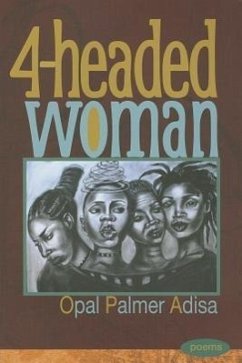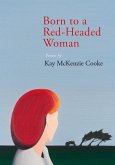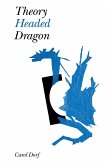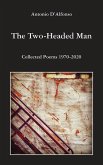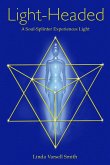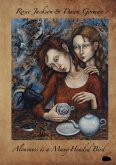4-Headed Woman is a journey into and through womanhood--from preadolescence through menopause--and an exploration of women's relations with one another. The poems employ female domestic imagery, manifest in the titles in the book's first section, which name different types of breads found throughout the world--from coconut to pita. Yet many of these poems are sparse and abstract in their trajectory. The poems in the second section focus specifically on menses, weaving together biological, folk, and cultural aspects in a humorous tone. The third section, "Graffiti Poem," comprises poems centered around college restrooms, which Adisa sees as a site of communication--through graffiti among other means--for students on a wide variety of social-sexual issues. In 4-Headed Woman, Adisa bravely explores and uncovers taboos about womanhood in a controlled and at times lyrical style laced with humor.

